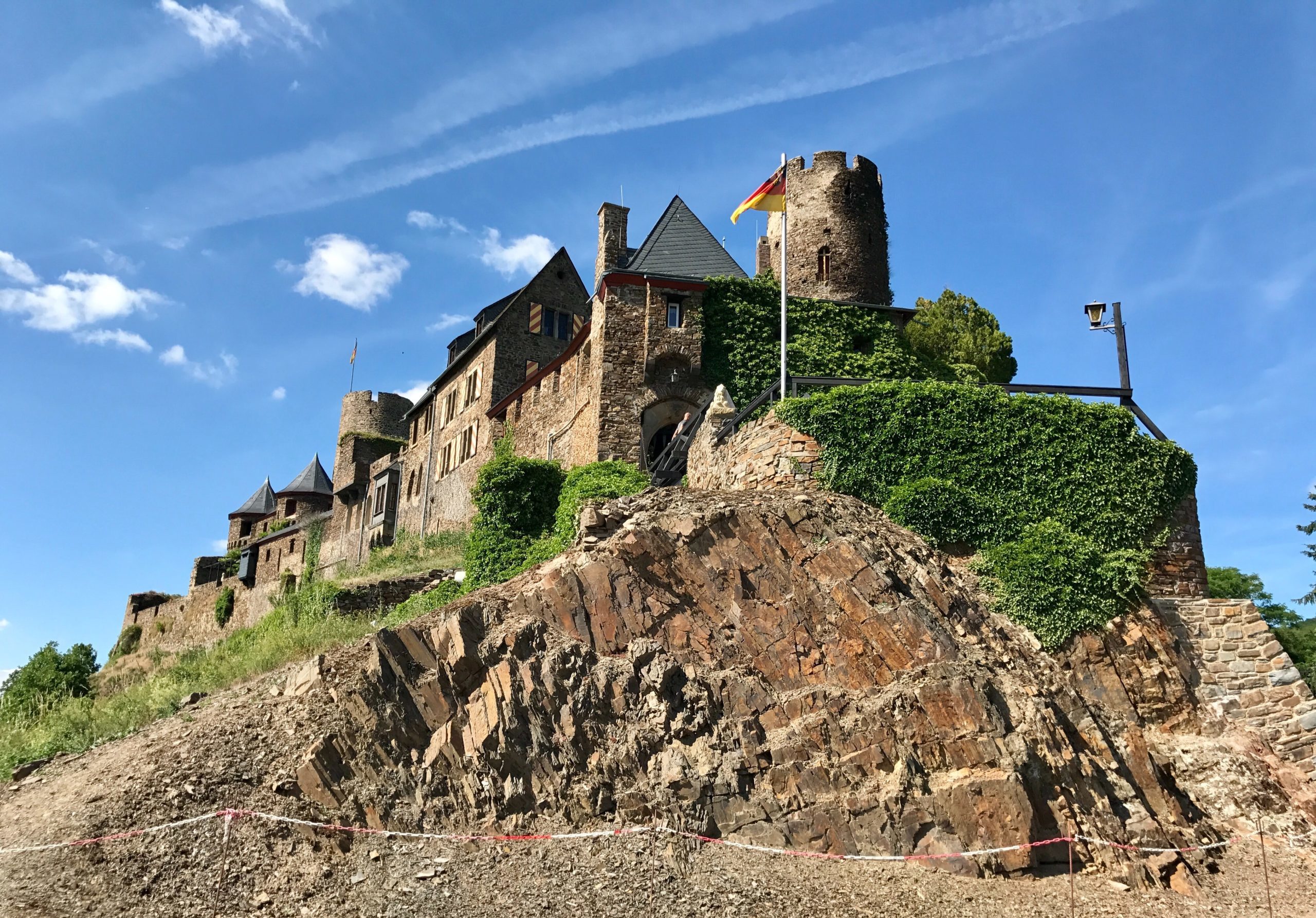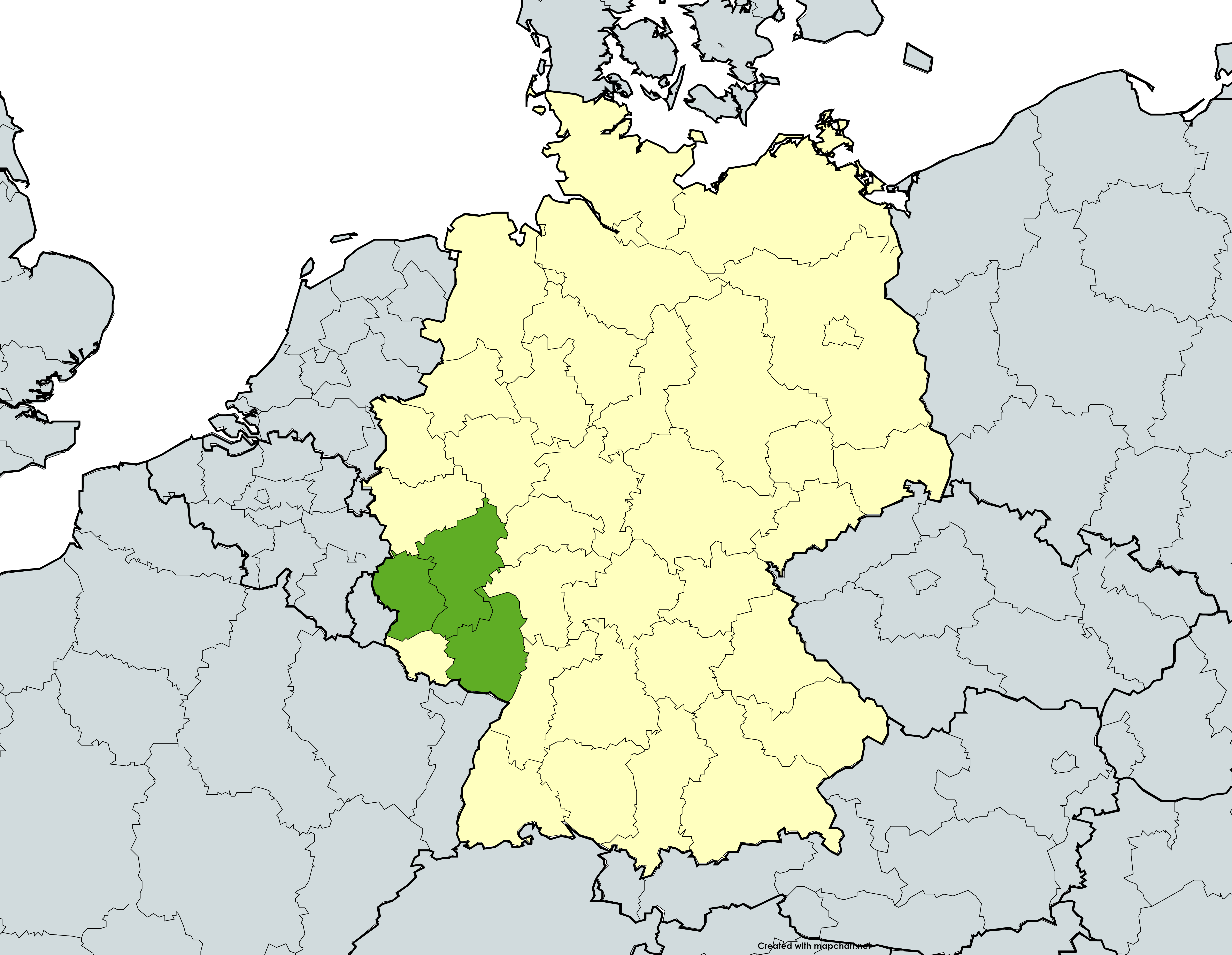
About the Living Lab
In Rhineland-Palatinate, the Living Lab will address how to increase communication possibilities across application domains in villages and how to facilitate access for women, by involving mayors of municipalities, local communities and SMEs.
In German rural areas, approximately 66% of the citizens live in sparsely populated areas and intermediate density areas, which are around 56 million people. This leads to challenges for domains such as providing public services, digital infrastructures, economic prosperity and in general the communication between local residents, businesses, and the local and regional administrations.
The purpose of this work is to increase the level of digital services and communication possibilities across application domains in rural areas, while the focus is on the digital transformation in administrations. Specifically, this Living Lab addresses the level of municipalities associations with single communities embedded. The Living Lab is located in the municipalities association of Betzdorf-Gebhardshain in Rhineland-Palatinate, Germany.
Living Lab coordinator: Fraunhofer IESE
Domain: Rural
Focal question
Objectives
- Local administrations, especially in the rural regions of Germany, have not yet exploited the potentials of digitalisation. This Living Lab aims to support the administration in terms of external demands as well as autonomous measures to apply and improve digital services.
- Regarding external demands, Germany is in the process of implementing the Online Access Act. Administrations from the local to the federal level, are obliged to supply a fixed set of services digitally. The Living Lab addresses the challenges connected to this for a rural administration with limited resources.
- The participation of local residents and institutions of civil society is vital for rural communities. Thus, the development of a local communication network connecting the administration with residents, institutions of civil society but also local businesses would allow for a high level of participation and exchange.
Main stakeholders
Local administration and administration staff
Local and regional public authorities
Citizens
Representatives and institutions of civil society
Business sector
Digital technology projects
Key documents
Policy brief: Digital public administrations for future-proof rural regions
National Policy Analysis: Germany
Practice Abstract: Digitalisation and local administrations (EN or DE)

